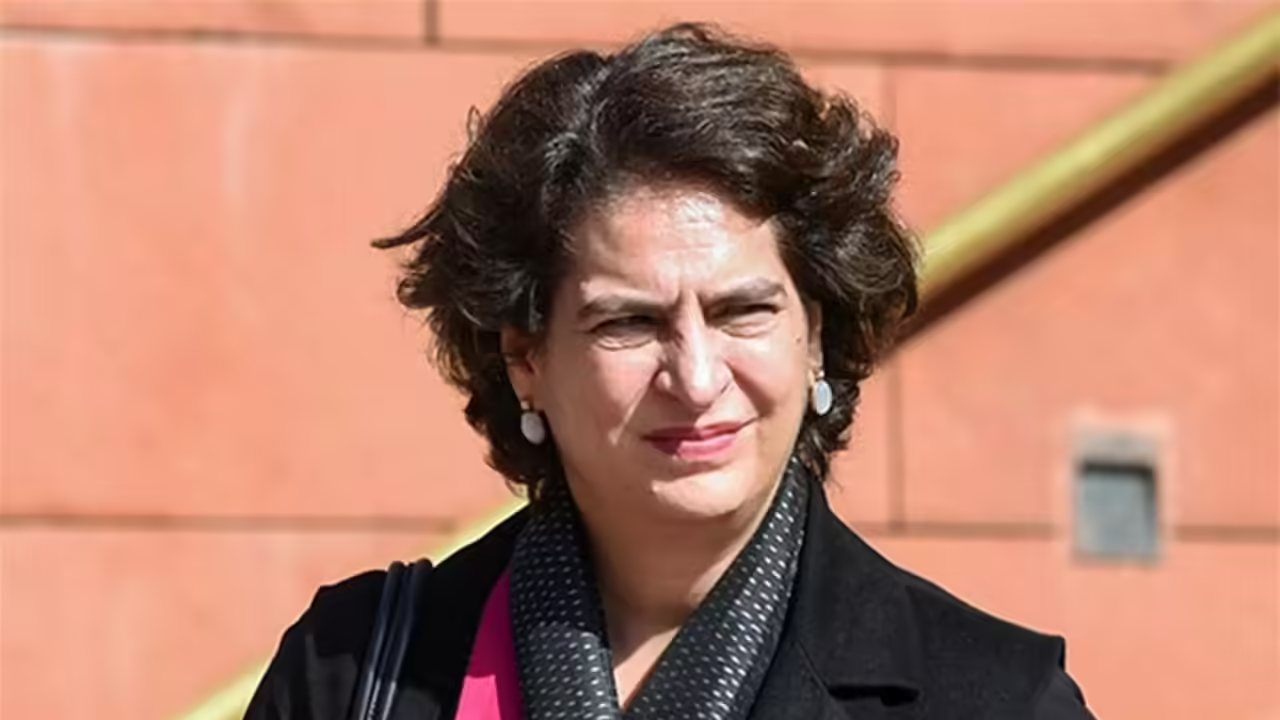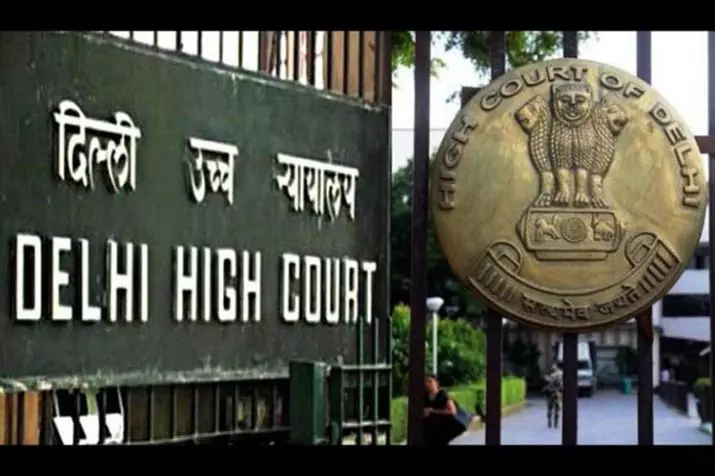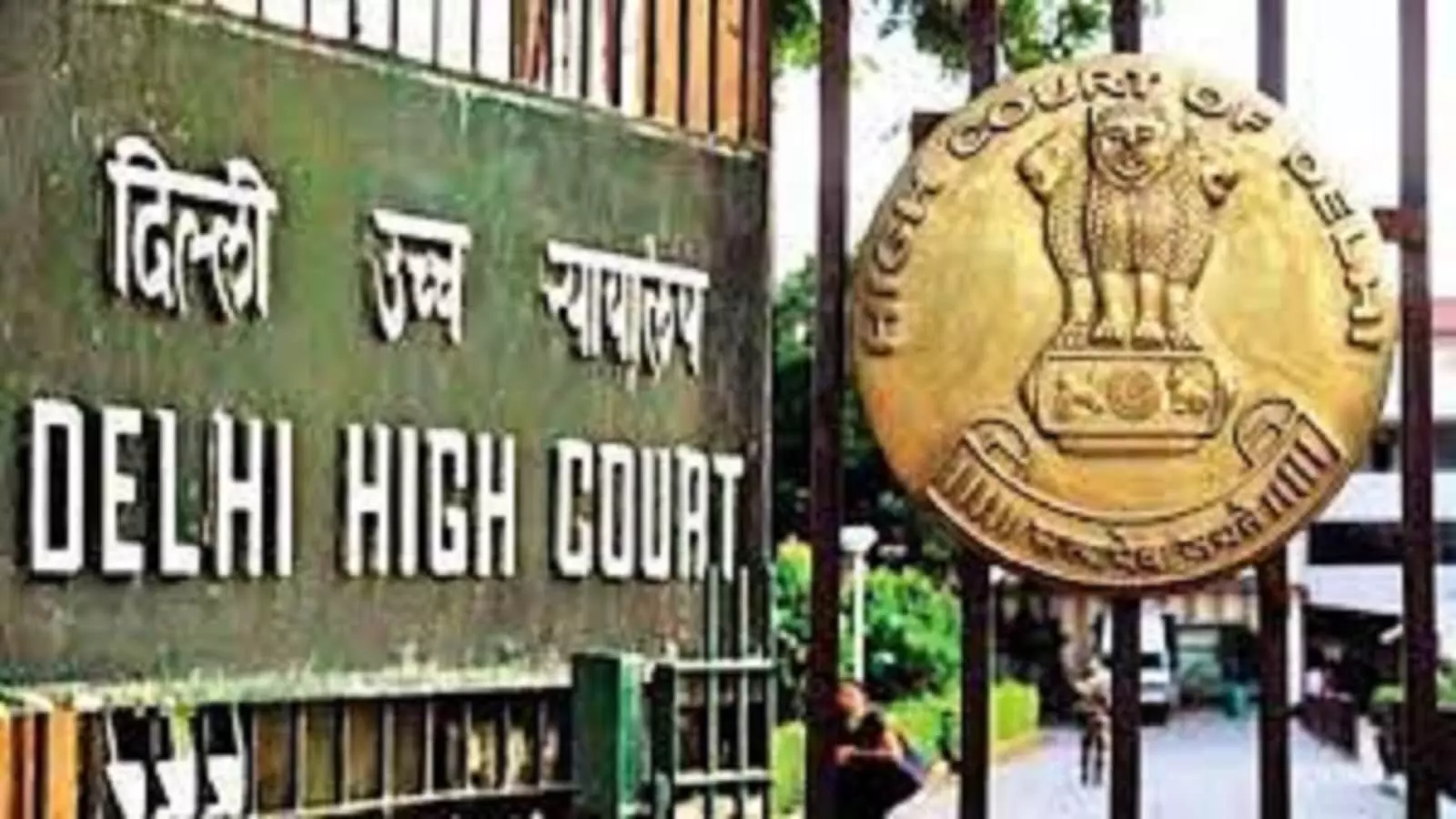
Copyright protection for interpretations, adaptive works; not religious scriptures: Delhi HC
text_fieldsNew Delhi: The Delhi High Court has recently observed that while no one can claim copyright for religious scriptures like Bhagavad Gita or Bhagavatam, any explanation, adaptation or dramatic work created out of these texts would be entitled to copyright protection.
Justice Prathiba M. Singh said that copyright law applies to the manner in which these scriptures are interpreted and adapted by various individuals, including spiritual teachers and gurus.
However, there can be no objection to the actual reproduction of the text of Bhagavad Gita or other spiritual books, Justice Singh said.
The court's remarks came during a copyright infringement case filed by Bhaktivedanta Book Trust, which holds copyrights for works written by Srila Prabhupada, the founder of the International Society for Krishna Consciousness (ISKCON).
The Court was told that Prabhupada was a renowned scholar, philosopher, and cultural ambassador who spread the message of various Hindu scriptures in India and abroad, reports the Bar and Bench.
 Also Read:NTA tells Delhi HC it can conduct CLAT 2024 in regional languages besides English
Also Read:NTA tells Delhi HC it can conduct CLAT 2024 in regional languages besides English
It was stated that he wrote and gave various lectures and published books which are read by devotees in several languages.
Many of these works were stated to be simplified religious books and scriptures which made it easy for the common man to understand.
It was contended that copyright in all these works rested with the author which, after his death in 1977, has been transferred to the plaintiff-trust, reports Bar and Bench.
The plaintiff sought an injunction order against four websites, five mobile applications and four Instagram handles which uploaded and communicated to the public the copyrighted work of the plaintiff.
The court found extensive infringement and piracy of the plaintiff's works, noting that the defendants were reproducing the works, including translations, interpretations, and introductions.
Such piracy of the copyrighted works cannot be permitted and if such piracy goes unchecked, the copyright in the works would be considerably diluted leading to immense loss of revenues, the single-judge opined, reports the Bar and Bench.
The court passed an ex-parte interim injunction order against the defendants and restrained them from infringing the copyrighted works of the plaintiff.
The court also instructed Google and Meta to take down related applications and pages and ordered authorities to block the infringing websites.























